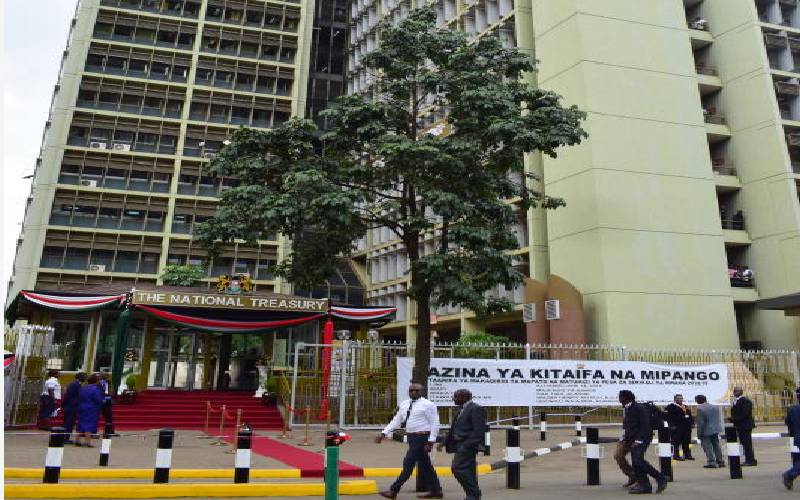×
The Standard e-Paper
Smart Minds Choose Us

From the outset, it was clear that President Uhuru Kenyatta’s order that all heads of Procurement and Accounts departments in public institutions step aside to allow a lifestyle audit was fraught with inherent risks.
Our misgivings that it seemed as if the Government had not given much thought to the whole thing — from start to end — have been vindicated in a way.